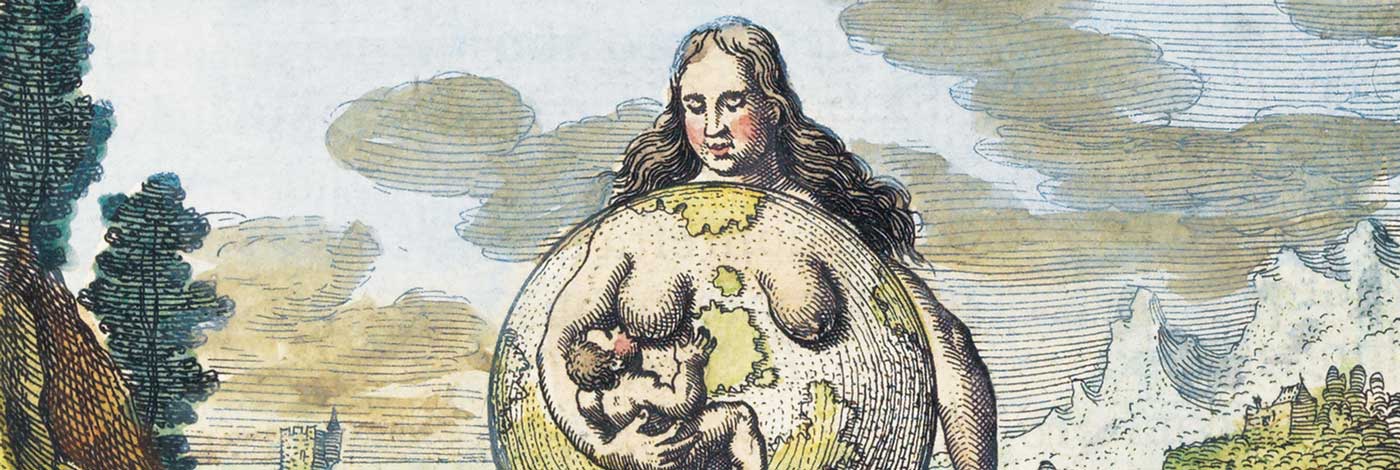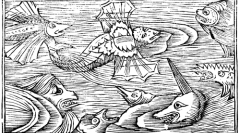

 Anthropozoologica
53 (7) - Pages 87-96
Anthropozoologica
53 (7) - Pages 87-96This paper studies how the Dominican compiler Thomas of Cantimpré deals with ichthyological information from his own country in his Latin encyclopedia called Liber de natura rerum (c. 1242-1247), and the posterity he will have in works directly influenced by him. The first part analyses the passages where Thomas of Cantimpré provides some geographical indications on marine wildlife, focusing on the few sections where Northwestern Europe and vernacular nomenclatures are mentioned. The compiler’s position is paradoxical. On the one hand, he is familiar with the wildlife of the region he himself comes from, but on the other hand the authorities he quotes originate mainly from the Mediterranean area and sometimes do not give precise information in this respect. The second part considers the reception of those chapters in the Dutch translation of Jacob van Maerlant and in the 15th century Hortus sanitatis, via Vincent of Beauvais’ Speculum naturale. Within this scope, we pay special attention to the “silences”, i.e., the passages omitted in this chain of transmission. Indeed, these omissions also provide evidence on the epistemological approach of Thomas of Cantimpré in comparison with his followers, considering the spatial, temporal and linguistic conditions of the compilation.
Middle Ages, Latin, encylopaedism, natural history, vernacular, Thomas of Cantimpré, Vincent of Beauvais, Jacob van Maerlant.